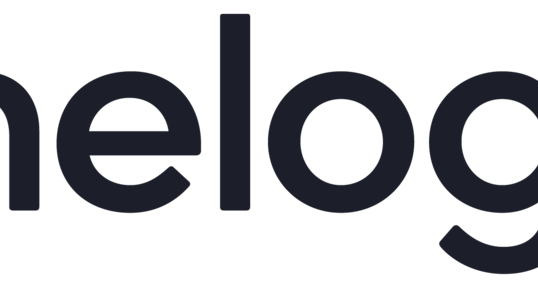Datum
06.06.2024
content.autor.writtenBy
Kick-Off and Stakeholder-Engagement
The kick-off of the implementation project took place in mid-March. At an initial remote meeting, all of delta pronatura's stakeholders and partners, including the management sponsor, were brought together to introduce employees, the project method and the timeframe for the project. “We gave the kick-off participants demonstrations of the ESG suite and showed them where it starts and what it can help to change in terms of sustainability,” explains Marc Bastien.

The family-owned company delta pronatura, headquartered in Egelsbach in southern Hesse, has been working in the fields of detergents, care products and cleaning agents since 1934. The company owes its national and international success in the consumer goods industry not least to its openness to strategic realignment. In the current case of the implementation of the cloud-based Envizi ESG Suite, the company enlisted the help of Marc Bastien, TIMETOACT Software Architect, and Courtney Kennedy from IBM Technology Expert Lab Services.
Project methodology and challenges
In line with the “configure, don't implement” approach, all those involved in the project were then slowly introduced to the solution step by step by delta pronatura. “In the following two weeks, the team learned a lot about the IBM Envizi project method, the tasks of the various team members and sensible timing,” explains Marc Bastien.
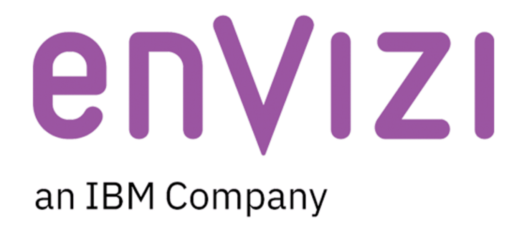
Above all, the team learned about the special features of the Envizi Suite. It almost exclusively covers the sustainability requirements of the respective specialist departments, while the company's IT infrastructure is not relevant in this project: Envizi is being implemented as a SaaS solution and delta pronatura has decided not to connect any of its systems via an interface.
Support for the project team
The project team receives support in organizing the next steps from a project management office (PMO) and a very dedicated sustainability manager, who had already done considerable preparatory work to ensure smooth communication. It should be emphasized that a regular exchange about the project plan and the implementation method prevents unrealistic expectations being placed on the ESG project.
Report Gathering Workshop (RGW) and data management
“We are now starting to prepare for the important ‘Report Gathering Workshop (RGW)’, in which the customer can bring in their specific requirements with which Envizi will later be configured,” says Courtney Kennedy. Questions about data management, in particular who is responsible for data input and how this is structured, also need to be clarified, continues Kennedy.
Templates and account understanding
The use of templates helps to ensure that the FMEA runs smoothly. It is also important to clarify the understanding of “Envizi accounts” and how they are integrated into the process. Weekly meetings are currently being held to help clarify open questions so that everything is ready for the go-live. There is still a need for clarification regarding data entry. As Envizi is not activated per user but per function, the distribution of roles and rights for specialist users and countries plays an important role.
The current implementation strategy does not yet provide for any interfaces. This means that “data entry users” have to be found, who on the one hand take on responsibility and on the other hand have to be trained. IBM's EMEA organization is helpful in this context, as it makes European and global expertise on these and other topics quickly available.
Preview
In the next article in our ESG diary, you can read more about the templates and why a quick start is not always desirable. You will learn insider knowledge that sheds light on the importance of “data entry users” and the challenges of training and integrating these users.

Sustainability
Learn more

ESG Diary | Realizing sustainable data solutions |Part 3


ESG Diary | Knowledge Transfer & Communication | Part 2

Sustainability

Operationalization of Data Science (MLOps)


Innovation Incubator Round 1

Sustainability in the TIMETOACT GROUP

Enterprise Content Management (ECM) & Archiving

SAM Wins First Prize at AIM Hackathon

Green IT: Your Status Quo Assessment for Sustainable IT
N-ERGIE bypasses costly IBM audits with IASP program

Industrial Internet of Things

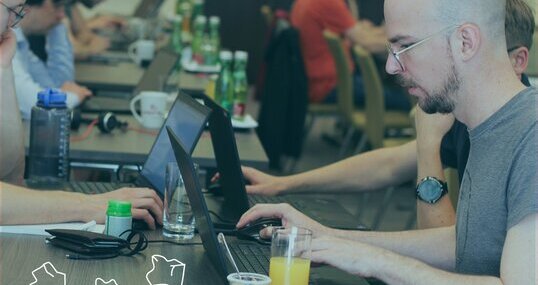
Part 1: TIMETOACT Logistics Hackathon - Behind the Scenes
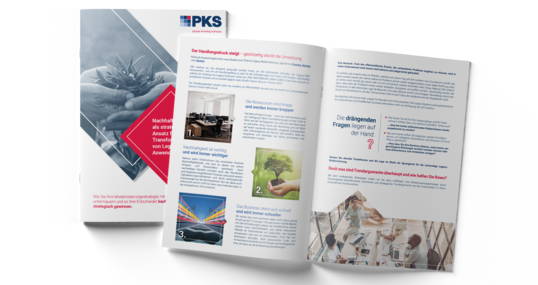
eXplain – Sustainability Whitepaper Download
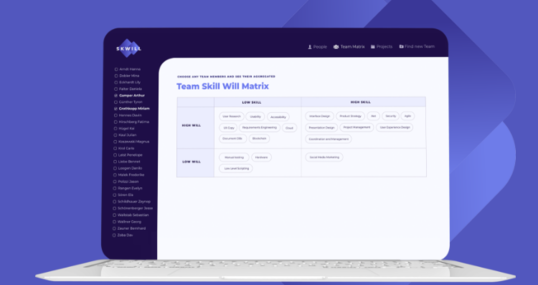
From the idea to the product: The genesis of Skwill

Introduction of an Identity Management System (IDM)


Common Mistakes in the Development of AI Assistants

Our Success Stories

Jira Administration Part 1 (Cloud)
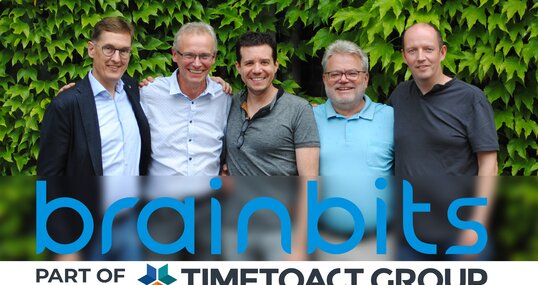
brainbits is now part of TIMETOACT GROUP


Why Was Our Project Successful: Coincidence or Blueprint?
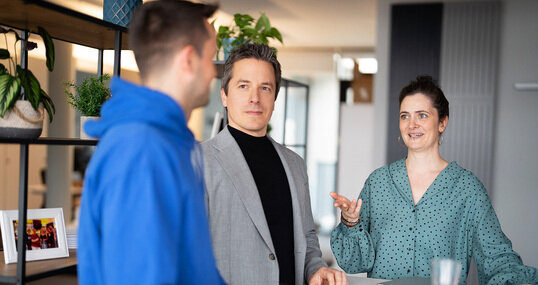
Submitting a speculative application

Monitoring & Service Assurance

Digitalization and optimization in the manufacturing industr
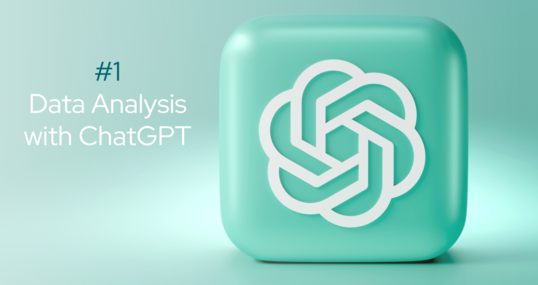
Part 1: Data Analysis with ChatGPT

Jira Administration Part 1 (Data Center)
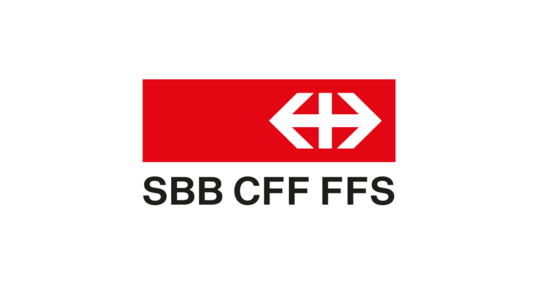
Interactive stock map for Schweizerischen Bundesbahnen

Onboarding solution of TIMETOACT
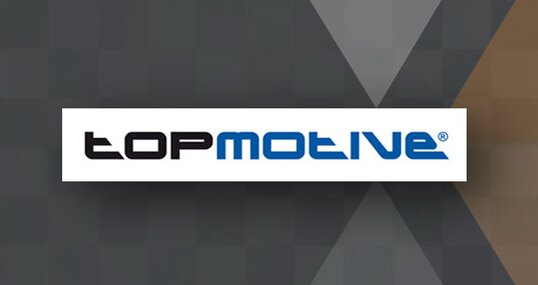
Customer Relationship Management with Jira and Confluence

Security, Identity & Access Governance
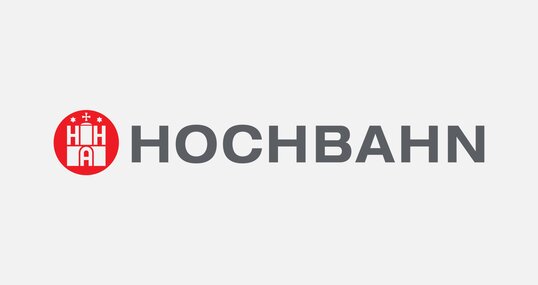
Introduction of Jira to Hamburger Hochbahn

Shaping the future with technology

Part 1: Detecting Truck Parking Lots on Satellite Images

Reduce your costs with Software Asset Management (SAM)!
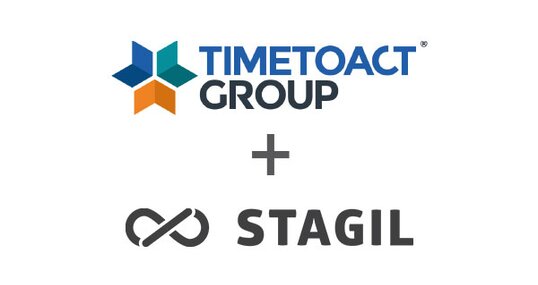
Leading Atlassian Champion: STAGIL becomes part of TIMETOACT
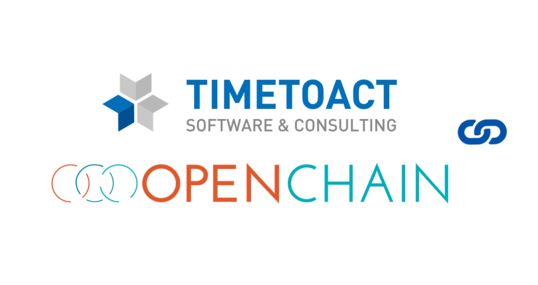
TIMETOACT becomes OpenChain Partner
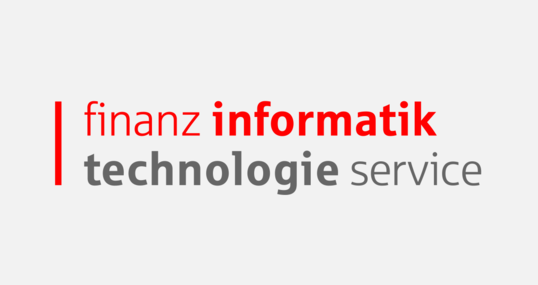
Recertification solution of FI-TS

SAFe® Implementation
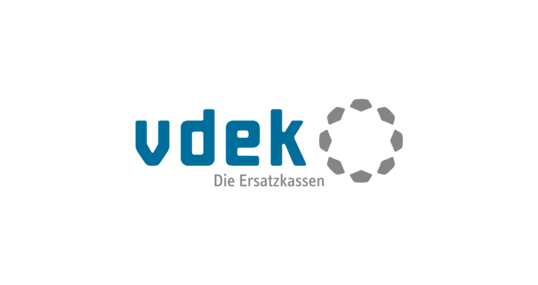
vdek introduces new Data Warehouse solution
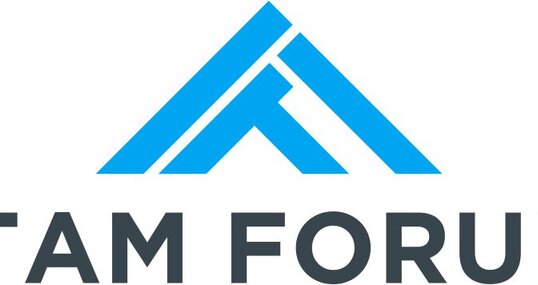
TIMETOACT GROUP becomes patron of ITAM Forum


Open-sourcing 4 solutions from the Enterprise RAG Challenge

Heras: Microsoft cost savings despite price increase
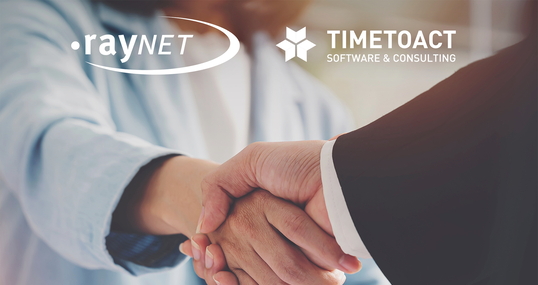
TIMETOACT and Raynet deepen partnership


Introduction to Web Programming in F# with Giraffe – Part 1
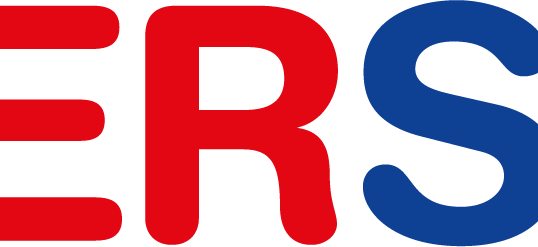
License and software consulting from a single source
Managed service support for central platform stability
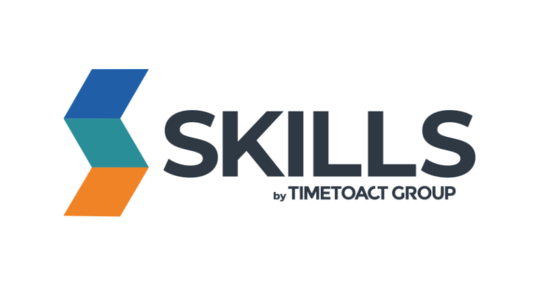
Skills App - Maximize your company knowledge

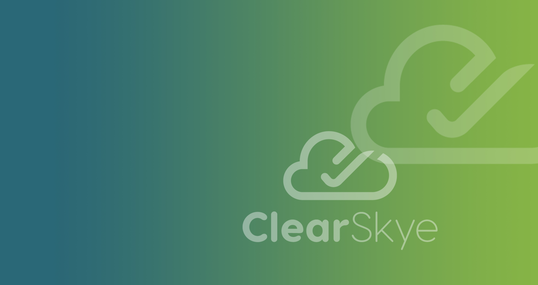
Bring IT service management and IAM systems together

Skills App - Maximize your company knowledge
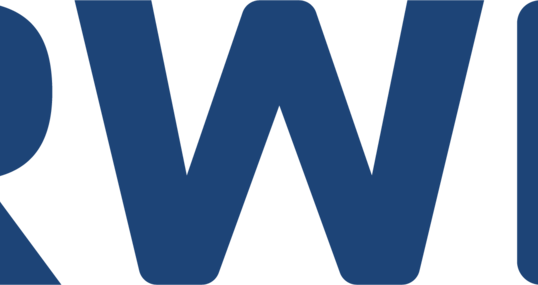
24/7 support guarantees stable operation of the intranet


So You are Building an AI Assistant?
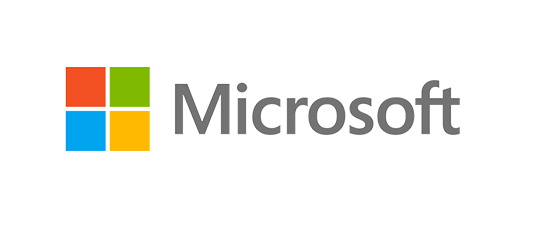
Microsoft
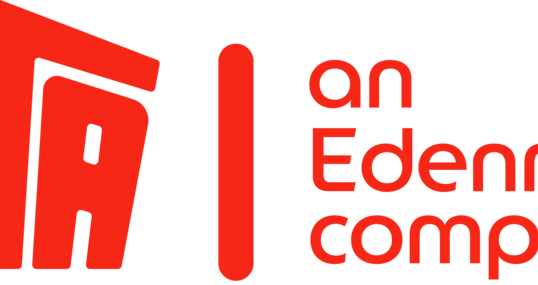
Mix of IASP & ILMT support for optimal license management
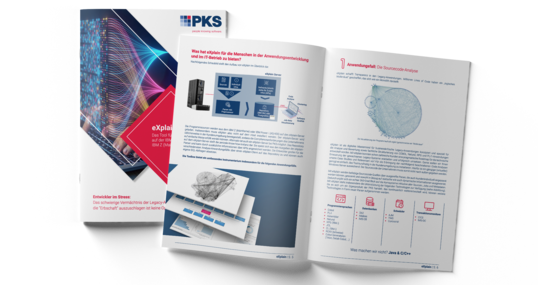
eXplain - Download code analysis whitepaper

ARS Computer und Consulting GmbH

Atlassian Enterprise Cloud

Enterprise Service Desk

GPT & Co: The best language models for digital products

Responsible AI: A Guide to Ethical AI Development

Microsoft Power BI
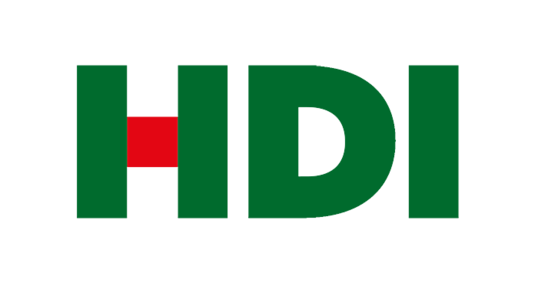
Less risk and cost for HDI with ISO/IEC 19770-1

Second Place - AIM Hackathon 2024: Trustpilot for ESG


Introduction to Functional Programming in F# – Part 4
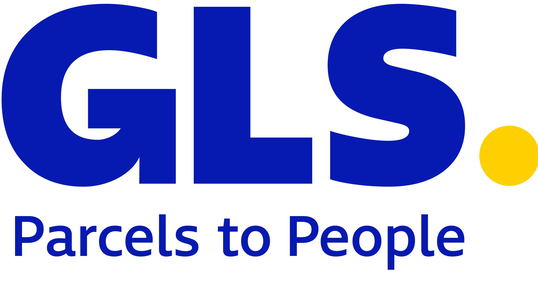
Support for IBM software licenses and ILMT for GLS
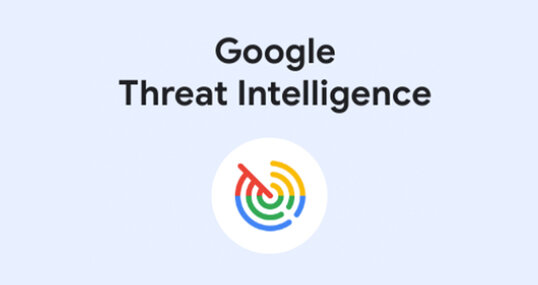
Google Threat Intelligence

AIM Hackathon 2024: Sustainability Meets LLMs

IBM Think Digital Summit 2020


From zero to one hundred in just three months
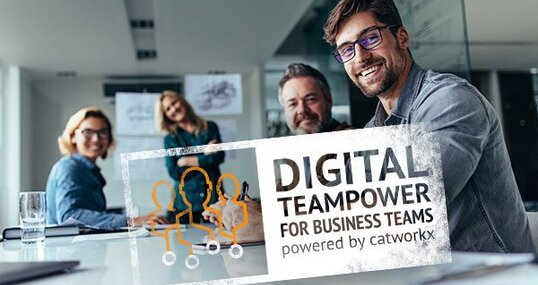
Digital Transformation with Atlassian Tools

DevOps and CI/CD

Flexibility in the data evaluation of a theme park
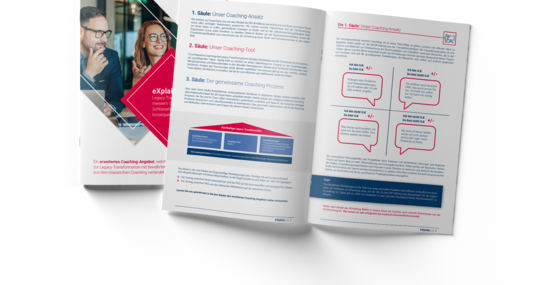
eXplain – Coaching Whitepaper Download

Automated Planning of Transport Routes
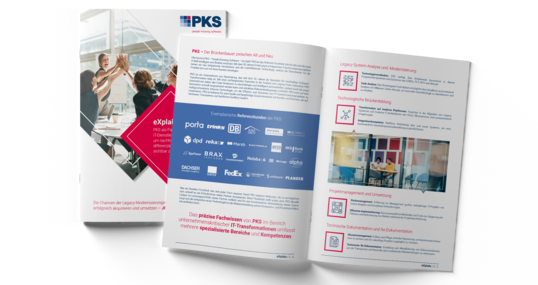
eXplain – Partnering Whitepaper Download

IBM Cloud Pak for Data – Test-Drive
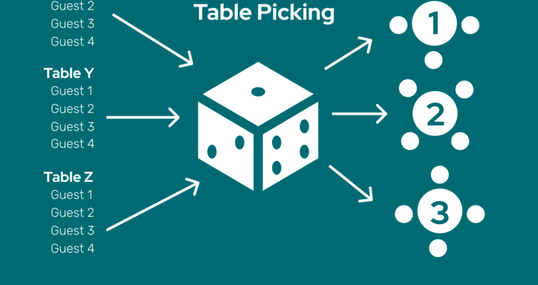
The Power of Event Sourcing

Atlassian Products

Our Service Offer

Transformation Execution

Third Place - AIM Hackathon 2024: The Venturers
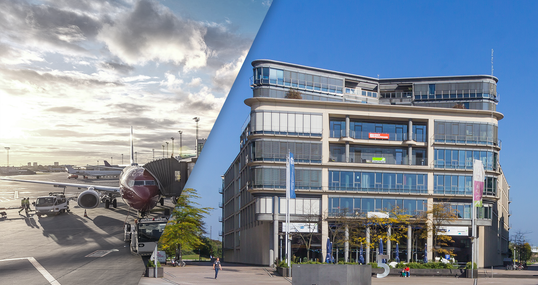
Profil


State of Fast Feedback in Data Science Projects

Enterprise Content Management (ECM) & Archiving
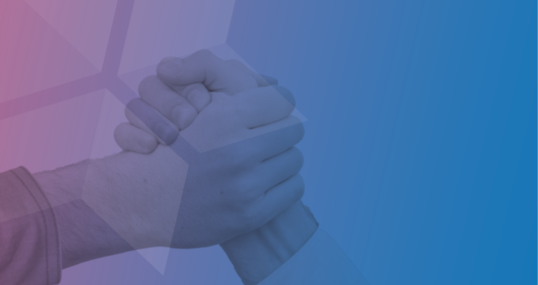
Our values – Our Aspiration

IT modernization


Introduction to Functional Programming in F# – Part 5

Release change of a deployed IAM tool
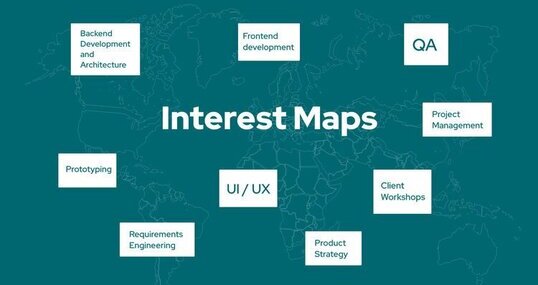
7 Positive effects of visualizing the interests of your team

Building A Shell Application for Micro Frontends | Part 4


License Management – Everything you need to know

ITAM / SAM & FinOps

Building a micro frontend consuming a design system | Part 3
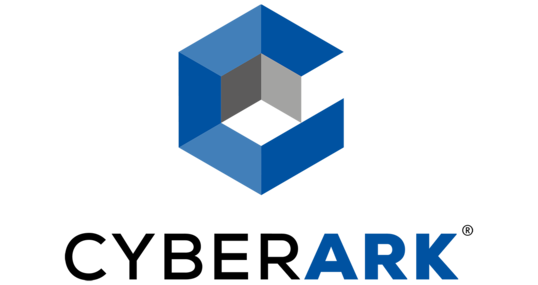
CyberArk

Working across the Atlantic: an interview with Bill

LLM-Benchmarks August 2024

Cloud Migration | Atlassian
